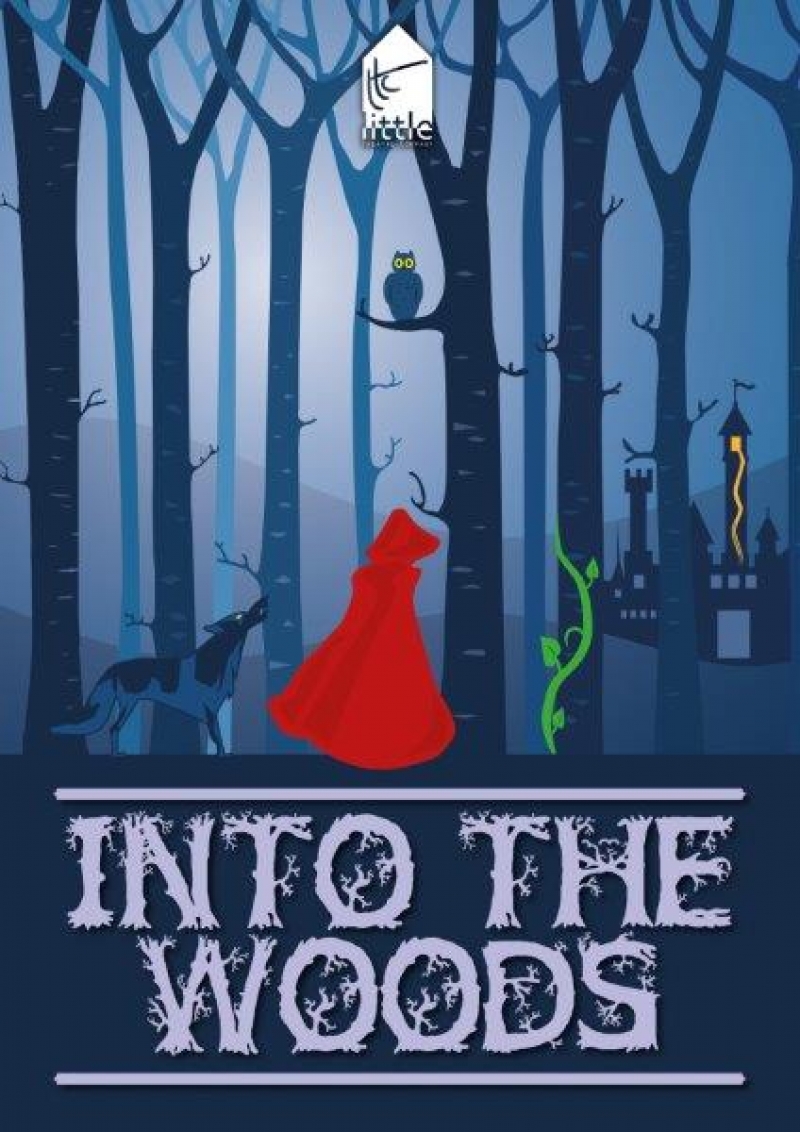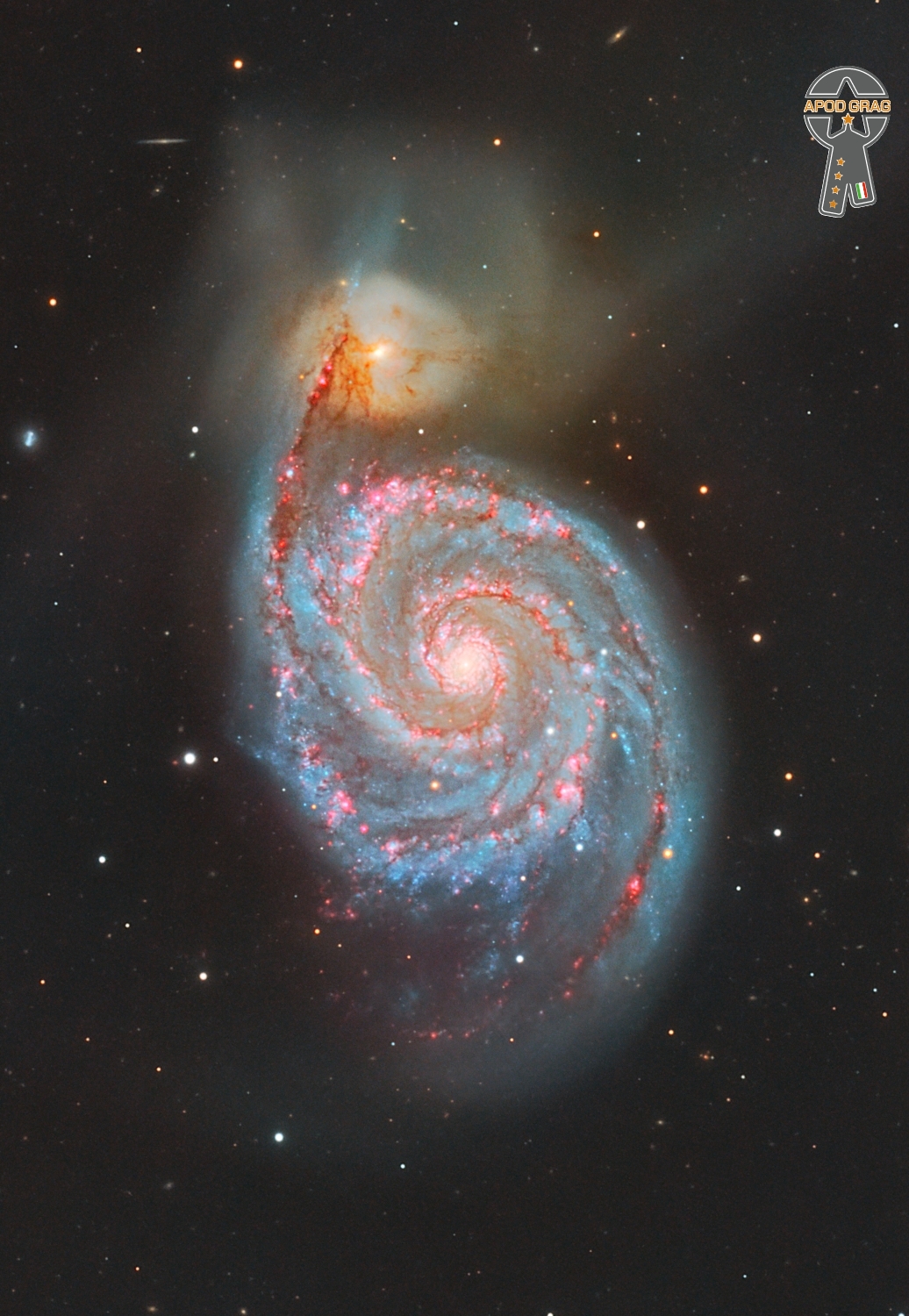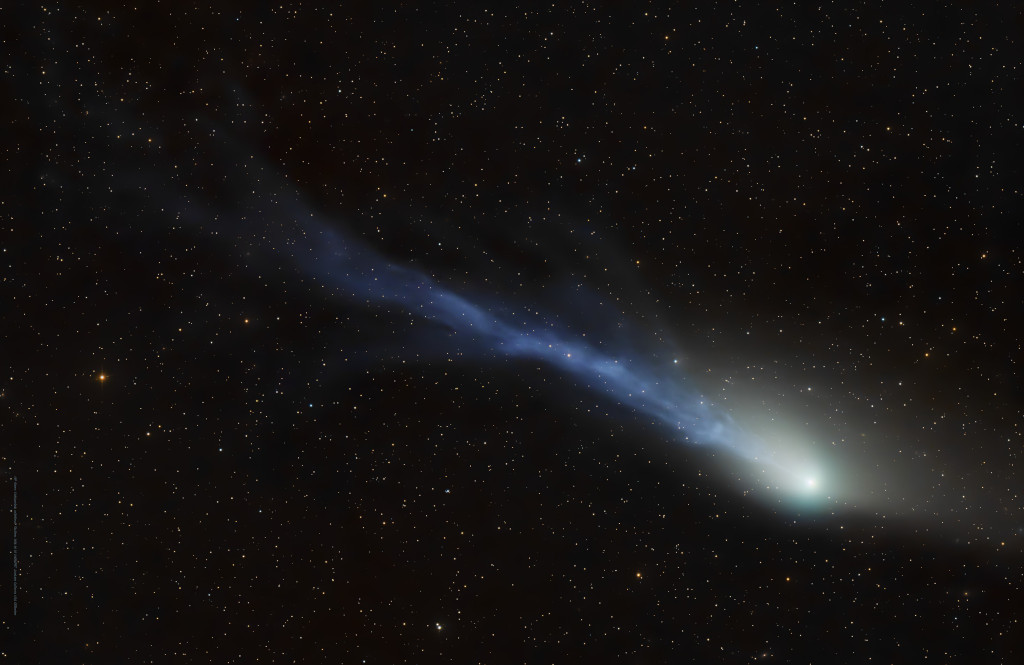Blog
Lena Mary Calhoun Horne (June 30, 1917 – May 9, 2010) was an American singer, actress, dancer, and civil rights activist. Horne’s career spanned more than seventy years and covered film, television, and theatre. Horne joined the chorus of the Cotton Club at the age of sixteen and became a nightclub performer before moving on to Hollywood and Broadway.
A groundbreaking African-American performer, Horne advocated for civil rights and took part in the March on Washington in August 1963. Later she returned to her roots as a nightclub performer and continued to work on television while releasing well-received record albums. She announced her retirement in March 1980, but the next year starred in a one-woman show, Lena Horne: The Lady and Her Music, which ran for more than 300 performances on Broadway. She then toured the country in the show, earning numerous awards and accolades. Horne continued recording and performing sporadically into the 1990s, retreating from the public eye in 2000.
Lena Horne was born in Bedford–Stuyvesant, Brooklyn. Both sides of her family were biracial African Americans. She belonged to the well-educated upper stratum of Black New Yorkers at the time. She lived the first five years of her life in a brownstone at 519 Macon Street.
more...Prayers are needed and so vitally important immediately. One of my closest partners in crime Van Nixon (singer-songwriter) recently had heart surgery. And Devon Evans (percussionist) was transported back to Abbott for added complications due to a stroke. Please keep these brothers in your thoughts and prayers as they will need your empathy, goodness and healing blessings! Finally my drum buddy Steve Fine passed and we need prayers for his family & friends They are feeling a huge loss to our community!


The Whirlpool Galaxy, also known as Messier 51a (M51a) or NGC 5194, is an interacting grand-design spiral galaxy with a Seyfert 2 active galactic nucleus. It lies in the constellation Canes Venatici, and was the first galaxy to be classified as a spiral galaxy. It is 7.22 megaparsecs (23.5 million light-years) away and 23.58 kiloparsecs (76,900 ly) in diameter.

Julian Priester (born June 29, 1935) is an American jazz trombonist and occasional euphoniumist. He is sometimes credited “Julian Priester Pepo Mtoto”. He has played with Sun Ra, Max Roach, Duke Ellington, John Coltrane, and Herbie Hancock.
Biography
He was born in Chicago, Illinois, United States. Priester attended Chicago’s DuSable High School, where he studied under Walter Dyett. In his teens he played with bluesand R&B artists such as Muddy Waters, and Bo Diddley, and had the opportunity to jam with jazz players such as the saxophonist Sonny Stitt.
In the early 1950s, Priester was a member of Sun Ra’s big band, recording several albums with the group, before leaving Chicago in 1956 to tour with Lionel Hampton, and he then joined Dinah Washington in 1958. The following year he settled in New York and joined the group led by drummer Max Roach,[1] who heard him playing on the Philly Joe Jones album, “Blues for Dracula” (1958). While playing in Roach’s group, Priester also recorded two albums as a leader, Keep Swingin’ and Spiritsville, both of which were recorded and released by Riverside (the latter by their Jazzland subsidiary) in 1960.
more...Eva Narcissus Boyd (June 29, 1943 – April 10, 2003), known by the stage name of Little Eva, was an American singer, well known for her 1962 hit “The Loco-Motion“.
Boyd was born in Belhaven, North Carolina in 1943 and had twelve siblings. At the age of fifteen, she moved to the Brighton Beach section of Brooklyn, New York. As a teenager, Boyd worked as a maid and earned extra money as a babysitter for songwriters Carole King and Gerry Goffin (including for the young Louise Goffin).
more...Bernard Herrmann (born Maximillian Herman; June 29, 1911 – December 24, 1975 NY, NY) was an American composer and conductor best known for his work in composing for films. As a conductor, he championed the music of lesser-known composers. He is widely regarded as one of the greatest film composers. Alex Rosswrites that “Over four decades, he revolutionized movie scoring by abandoning the illustrative musical techniques that dominated Hollywood in the 1930s and imposing his own peculiar harmonic and rhythmic vocabulary.”
An Academy Award-winner for The Devil and Daniel Webster(1941), Herrmann is known for his collaborations with Alfred Hitchcock, notably The Man Who Knew Too Much (1956) (where he makes a cameo as the conductor at Royal Albert Hall), Vertigo(1958), North by Northwest (1959), Psycho (1960), The Birds(1963) (as “sound consultant”) and Marnie (1964). He worked in radio drama, composing for Orson Welles‘s The Mercury Theater on the Air, and his first film score was for Welles’s film debut, Citizen Kane (1941). His other credits include Jane Eyre (1943), Anna and the King of Siam (1946), The Ghost and Mrs. Muir(1947), The Day the Earth Stood Still (1951), Cape Fear (1962), Fahrenheit 451 (1966) and Twisted Nerve (1968). Herrmann scored films that were inspired by Hitchcock, like François Truffaut‘s The Bride Wore Black (1968) and Brian De Palma‘s Sisters (1972) and Obsession (1976). He composed the scores for several fantasy films by Ray Harryhausen, and composed for television, including Have Gun – Will Travel and Rod Serling‘s The Twilight Zone. His last score, recorded shortly before his death, was for Martin Scorsese‘s Taxi Driver (1976).
more...
Comet 13P/Olbers is returning to the inner Solar System after 68 years. The periodic, Halley-type comet will reach its next perihelion or closest approach to the Sun on June 30 and has become a target for binocular viewing low in planet Earth’s northern hemisphere night skies. But this sharp telescopic image of 13P is composed of stacked exposures made on the night of June 25. It easily reveals shifting details in the bright comet’s torn and tattered ion tail buffeted by the wind from an active Sun, along with a broad, fanned-out dust tail and slightly greenish coma. The frame spans over two degrees across a background of faint stars toward the constellation Lynx.

Peter Hall, folk singer and song collector, born London, June 28 1936; died Aberdeen, December 5, 1996
PETER Hall’s contribution to the folk song revival in Scotland was enormous. Although born in London and raised in Newcastle, when he moved to Aberdeen to study Medicine in the 1950s he became engrossed in the ballads and songs of the North-east.
National Service (one of his favourite observations was that he was only in the Army for three years but still managed to become a Field Marshall . . . of the long jump) interrupted his medical studies, and when he returned from the Army he became a science teacher and taught latterly at Harlaw Academy in Aberdeen.
At his first teaching post in Peterhead, pupils became used to their science teacher asking if any of their family knew any songs. Acting on these leads and others supplied by Hamish Henderson at the School of Scottish Studies and other word-of-mouth contacts, Hall spent much of his spare time and the school holidays travelling round Aberdeenshire, Banffshire, and Western Ireland with a small Phillips reel-to-reel recorder, logging some 600 songs.
Pete Candoli (born Walter Joseph Candoli; June 28, 1923 – January 11, 2008) was an American jazz trumpeter. He played with the big bands of Woody Herman and Stan Kenton and worked in the studios of the recording and television industries.
Career
A native of Mishawaka, Indiana, Pete Candoli was the older brother of Conte Candoli.
During the 1940s he was a member of big bands led by Sonny Dunham, Will Bradley, Ray McKinley, Tommy Dorsey, Teddy Powell, Woody Herman, Boyd Raeburn, Tex Beneke, and Jerry Gray. For his ability to hit high notes on the trumpet he was given the nickname “Superman”.[3] While he was a member of Woody Herman’s First Herd, he sometimes wore a Superman costume during his solo. In the 1950s he belonged to the bands of Stan Kenton and Les Brown and in Los Angeles began to work as a studio musician. His studio work included recording soundtracks for the movies Bell, Book and Candle (in which the Brothers Candoli performed in scenes set in the movie’s Zodiac nightclub), Private Hell 36, Day the World Ended (1955) (‘The S.F. Blues’), Peter Gunn (on 38 episodes, acting once), Save the Tiger, The Man with the Golden Arm, and The Prisoner of Second Avenue; appearing with The Tonight Show Band ; and acting in The Adventures of Ozzie and Harriet, (1957); Kings Go Forth, (1958); Touch of Evil, (1958); ‘Pete’, in three episodes of Johnny Staccato, (1958–59); Porgy and Bess, (1959); as trumpet player ‘Johnny’, in ‘The Hand’, an episode of Alcoa Presents: One Step Beyond, (series 2, episode 15), 1959, (broadcast US, 15th Dec); as the ‘Spokesman’, in one episode of The Untouchables (1959 TV series), (1959-1963); Monsanto Night Presents Michel Legrand, a 1972 TV special, in which he played ‘Mos Santos’; a bartender and trumpet player in the short film, ‘Tarzana’, (1978), (starring his then wife, Edie Adams); and as ‘Sam Johnson’, in one episode of Hotel (American TV series), (1983), among others.
more...David “Honeyboy” Edwards (June 28, 1915 – August 29, 2011) was an American delta blues guitarist and singer from Mississippi.
Edwards was born in Shaw, Mississippi. He learned to play music from his father, a guitarist and violinist. At the age of 14, he left home to travel with the bluesman Big Joe Williams, beginning life as an itinerant musician, which he maintained through the 1930s and 1940s. He performed with the famed blues musician Robert Johnson, with whom he developed a close friendship. Edwards was present on the night Johnson drank the poisoned whiskey that killed him, and his story has become the definitive version of Johnson’s demise. Edwards also knew and played with other leading bluesmen in the Mississippi Delta, including Charley Patton, Tommy Johnson, and Johnny Shines.
more...More Posts
- World Music with Johnny Pacheco Memorial
- Daily Roots with the Tribe
- Mardi Gras Monday 2021
- The Cosmos with NGC 613
- Ali Campbell
- Herlin Riley
- Kirk Lightsey
- Kokomo Arnold
- World Music with Christian Borlaug
- Daily Roots with Pablo Moses
- Sadie Perryman Born 2-11-2021
- Happy Valentines Day 2021
- Surviving the Pandemic and Realizing Racial Justice
- The Cosmos with NGC 2237
- Tim Buckley
- Maceo Parker
- Merl Saunders
- Dwike Mitchell
- World Music with Meklit Hadero
- Daily Roots with Bob Marley

